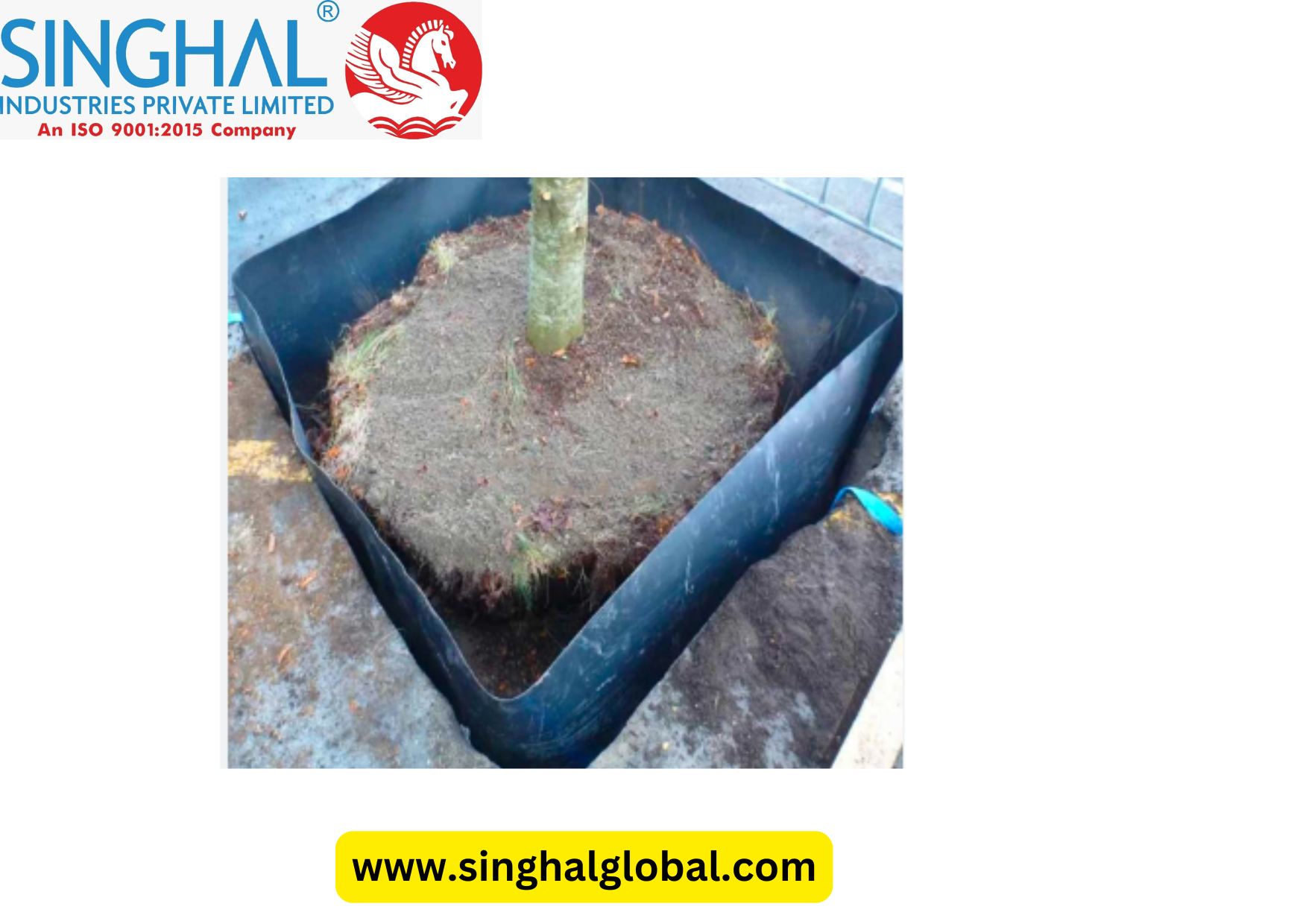The Ultimate Guide to HDPE Root Barriers

In urban landscaping and agricultural practices, managing plant roots effectively is essential for protecting structures, sidewalks, and other installations from damage. High-density polyethylene (HDPE) root barriers are an innovative solution designed to control root growth and prevent potential damage to surrounding areas. This article explores the importance of HDPE root barriers, the process of HDPE root barrier installation, and factors affecting HDPE root barrier supplier.
Understanding HDPE Root Barriers
HDPE root barriers are specially designed sheets made from high-density polyethylene, a durable plastic that is resistant to moisture and chemicals. These barriers are used primarily to redirect plant roots and protect infrastructure from root intrusion. Commonly used in urban settings, HDPE root barriers are installed around trees and shrubs to prevent roots from damaging sidewalks, roads, and building foundations.
One of the significant advantages of HDPE root barriers is their ability to provide a long-lasting solution to root problems. Unlike traditional methods, such as cutting roots or using chemical treatments, HDPE barriers offer a physical barrier that encourages roots to grow downward rather than outward. This not only protects existing structures but also promotes healthy root development, ensuring that plants thrive without causing damage to their surroundings.
The Importance of HDPE Root Barrier Installation
Proper HDPE root barrier installation is crucial to the effectiveness of the barrier itself. The installation process begins with careful site assessment to determine the best location for the barrier based on the specific plants involved and the surrounding infrastructure.
Once the site is evaluated, the area is excavated to create a trench where the barrier will be placed. The barrier is then installed vertically in the trench, ensuring that it reaches an adequate depth to prevent roots from growing underneath it. It is essential to ensure that the barrier is properly secured and that the edges are tightly fitted to avoid any gaps where roots could penetrate.
After installation, regular inspections should be performed to ensure that the barrier remains intact and effective over time. An experienced professional can provide guidance on the best practices for installation and maintenance, ensuring that the barriers perform as intended and provide long-term protection.
Factors Affecting HDPE Root Barrier Price
When considering an HDPE root barrier price, several factors come into play. The thickness of the barrier, its dimensions, and the specific features designed to enhance durability and effectiveness can all influence the overall cost. Typically, thicker barriers offer better protection and longer lifespans, which can justify a higher initial investment.
Additionally, the complexity of the installation can impact the total cost. Hiring professionals for installation will add to the price but can ensure that the barriers are installed correctly and function effectively. Conversely, if you have experience with landscaping and installation, you may choose to undertake the project yourself, saving on labor costs.
Another important factor to consider is the supplier. Some HDPE root barrier suppliers offer competitive prices based on the quality of their materials and the range of products available. It is wise to shop around and compare prices from different suppliers, taking care to balance cost with quality. Look for suppliers who can provide detailed specifications and installation support, as this can enhance the overall value of your purchase.
Conclusion
In summary, HDPE root barriers are an effective solution for managing plant roots and protecting infrastructure in urban and agricultural settings. Proper HDPE root barrier installation is crucial for ensuring their effectiveness, and understanding the HDPE root barrier price is essential for making informed purchasing decisions. By investing in quality root barriers and following proper installation practices, property owners can protect their landscapes and structures while promoting healthy plant growth.
Here Are Three Related For HDPE root barrier supplier
1. What are the main benefits of using HDPE root barriers?
HDPE root barriers help manage root growth, protect infrastructure from damage, promote healthy plant development, and reduce the need for maintenance.
2. How long do HDPE root barriers last?
Depending on the installation quality and environmental conditions, HDPE root barriers can last for many years, often exceeding 20 years.
3. Can I install HDPE root barriers myself?
While DIY installation is possible, hiring professionals is recommended to ensure proper installation and maximum effectiveness in protecting your landscape.
- Art
- Causes
- Crafts
- Dance
- Drinks
- Film
- Fitness
- Food
- Games
- Gardening
- Health
- Home
- Literature
- Music
- Networking
- Other
- Party
- Religion
- Shopping
- Sports
- Theater
- Wellness


